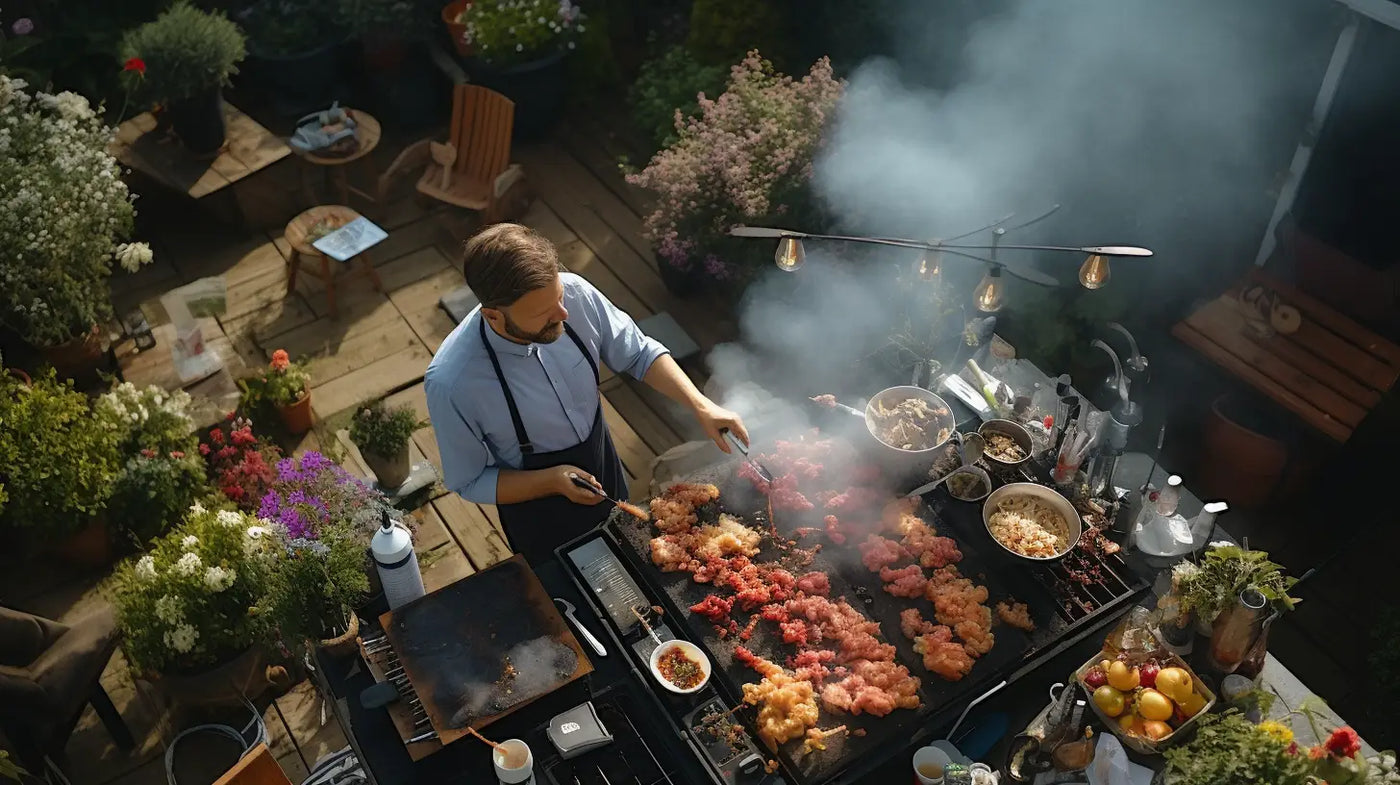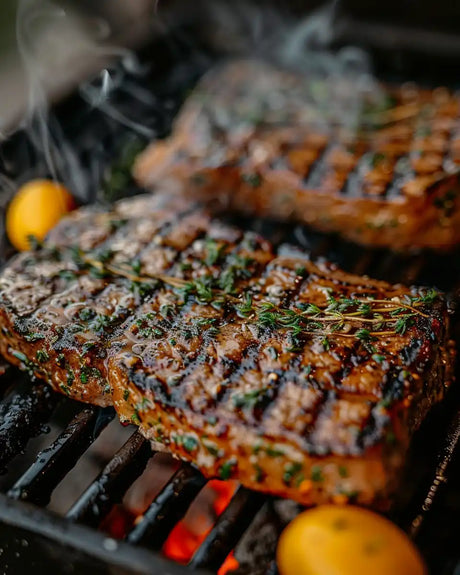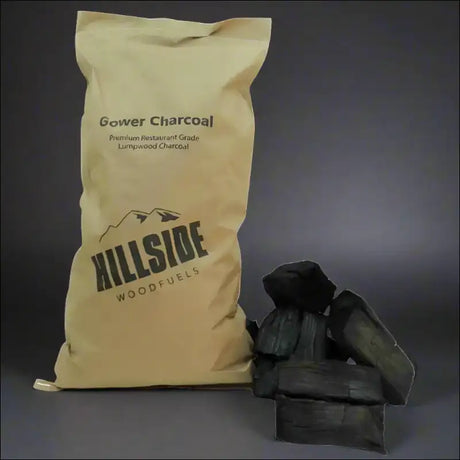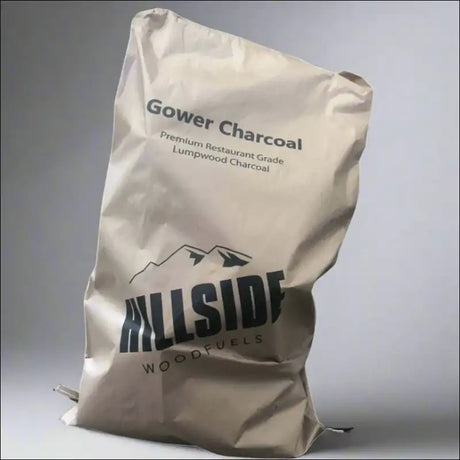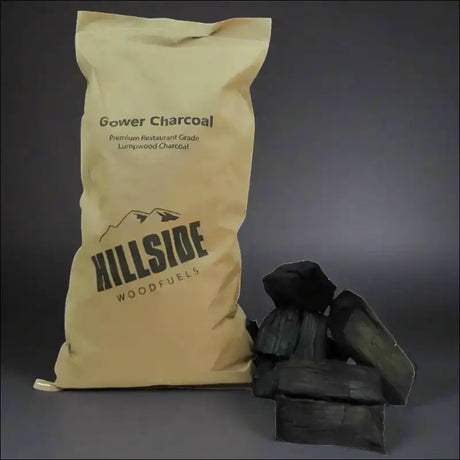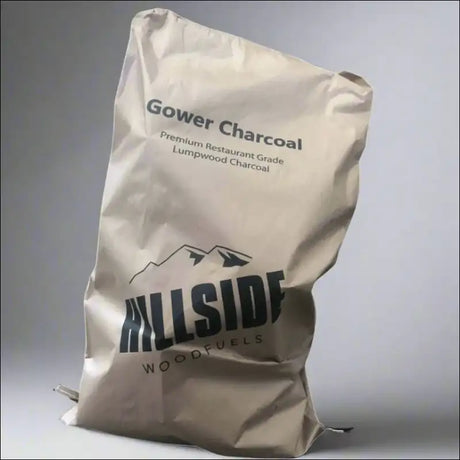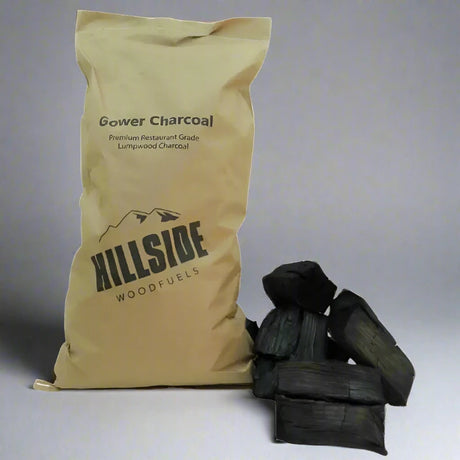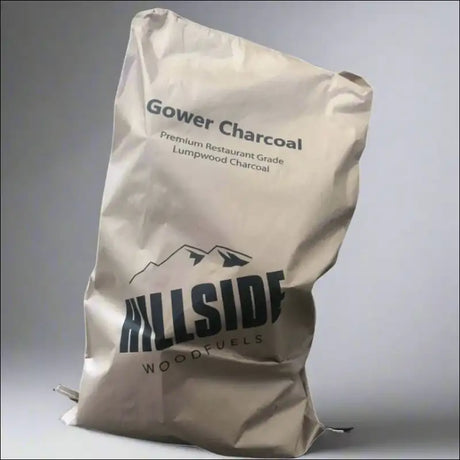There has been a growing interest in revisiting traditional barbecue methods that utilize slow cooking over an open fire. This primal style of grilling not only connects us to ancient culinary practices but also promotes sustainable fuel sources like lumpwood charcoal.
The History and Evolution of Barbecue
Barbecue originated thousands of years ago when our ancestors first started roasting meat over an open flame. Over time, the techniques evolved into more structured methods of slow-cooking using indirect heat from sustainably sourced fuels like wood and charcoal.
The introduction of lumpwood charcoal in particular brought barbecue into the modern era. Made from natural hardwood and containing no chemicals, lumpwood charcoal burns hotter, cleaner, and infuses food with a deliciously smoky flavor. It allowed traditional barbecue to be updated with a sustainable, eco-conscious fuel source.
Comparing Traditional and Modern Grilling
Traditional grilling focuses on simplicity, natural flavors from smoke and fire, and renewable fuel sources like wood and lumpwood charcoal. It connects us to ancient cooking methods used across various cultures worldwide.
Modern grilling prioritizes convenience, precision, and control. Gas or electric grills offer predictable heat while accessories like digital thermometers allow cooks to meticulously control every aspect of the process.
While different in ideology, both traditional and modern grilling have their unique appeal and provide distinct culinary experiences.
The Advantages of Lumpwood Charcoal
Lumpwood charcoal has drawn interest for its advantages over other grilling fuels:
-
It's made from an all-natural, renewable hardwood source through a chemical-free production process. This gives foods a pure, smoky flavor.
-
As a sustainable, organic fuel source, lumpwood charcoal has a neutral carbon footprint and reduced greenhouse emissions.
-
It burns hotter and more efficiently than briquettes, allowing for faster grilling using fewer resources.
-
The high heat sears and smokes food, infusing it with a complexity of flavors.
Implementing Age-Old Grilling Techniques
Using lumpwood charcoal allows home cooks to implement time-honored grilling techniques in a sustainable way:
-
Direct heat grilling sears and caramelizes the food surface, locking in moisture and flavor. This primal cooking method accentuates the natural flavors.
-
Indirect heat grilling gently infuses foods with subtle smoky undertones from the lumpwood. Slow cooking draws out the intrinsic flavors.
-
Harnessing these ancestral grilling skills while using natural lumpwood charcoal enhances sustainability without compromising on flavor.
Safety Tips for Lumpwood Charcoal Grilling
When grilling with lumpwood charcoal, certain safety precautions should be taken:
-
Ensure proper ventilation to dissipate heat and smoke.
-
Position grill at a safe distance from flammable materials. Be mindful of wind direction.
-
Use long-handled grilling tools to avoid burns. Wear protective clothing like gloves and aprons.
-
Allow lumpwood charcoal to fully cool after grilling before disposal to prevent reignition.
Following basic safety tips allows for an enjoyable, flavorful grilling experience using eco-friendly lumpwood charcoal.
Perfecting Your Lumpwood Grilling Skills
Here are some tips for getting the most out of lumpwood charcoal:
-
Avoid lighter fluids which can impact food flavor. Use chimney starters or electric starters instead.
-
Let lumpwood charcoal burn until covered in ash before grilling for optimal heat.
-
Strategically place charcoal pile for direct or indirect heat depending on food being cooked.
-
Allow airflow around lumpwood charcoal for hotter, more consistent heat.
By mastering these techniques, you can achieve restaurant-quality grilled flavors in your own backyard while aligning with sustainable practices. Lumpwood charcoal enables both culinary excellence and eco-conscious grilling.

